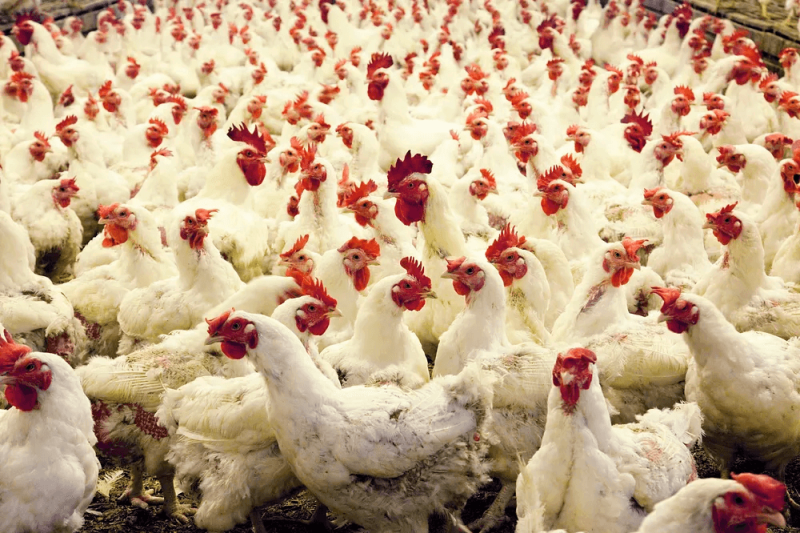Scientists have created the world’s first flu-resistant chickens in an advance that could pave the way for gene-edited poultry on UK farms.
The birds, which had small alterations to one gene, were highly resistant to avian flu, with nine in 10 birds showing no signs of infection when exposed to a typical dose of the virus.
However, infections were not completely blocked, and scientists say this would have to be achieved before genetically engineered chickens could be introduced to farms, due to the risk of the virus evolving to become more dangerous to humans.
Prof Wendy Barclay, of Imperial College London, a co-author of the study, which is published in Nature Communications, said: “Under natural doses our gene-edited chickens really seemed to be resistant, but when we took a very high dose, we did see in half of the chickens a breakthrough infection.
“This showed us a proof of concept that we can move towards making chickens resistant to the virus but we’re not there yet.”
Preliminary results suggest editing three genes, rather than just one, could prevent breakthrough infections, raising the prospect of introduction in the UK, where gene editing of crops and animals is permitted.































